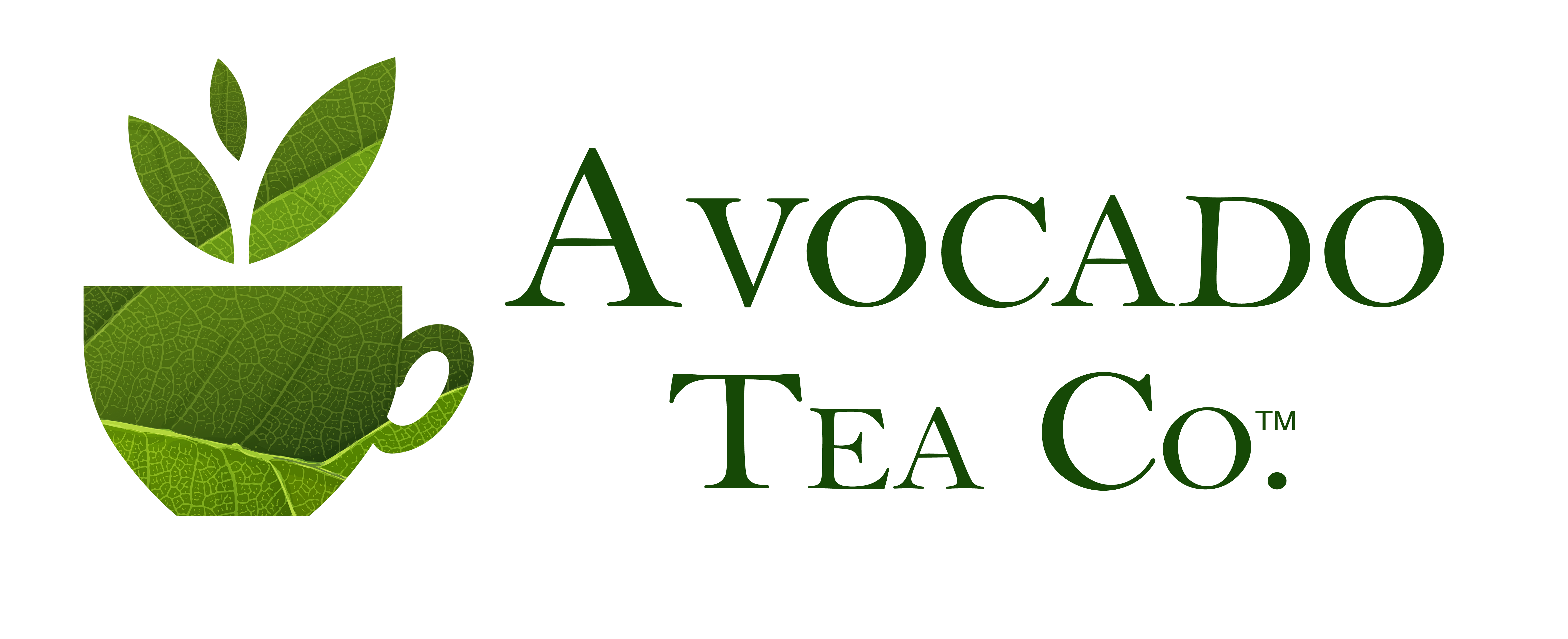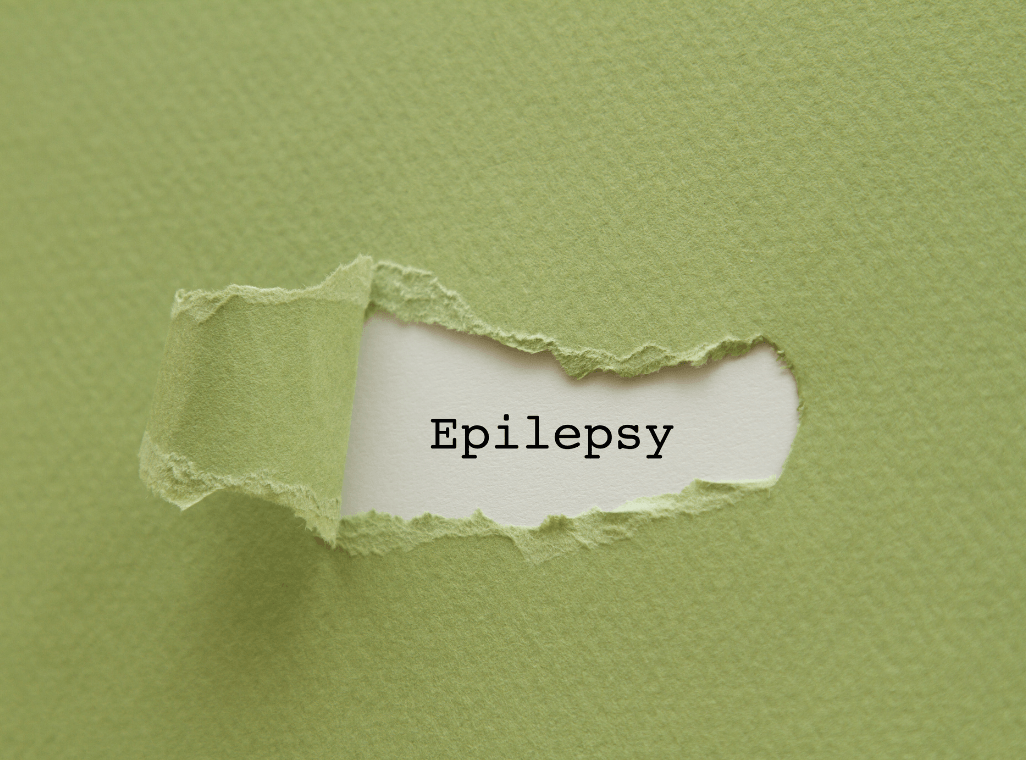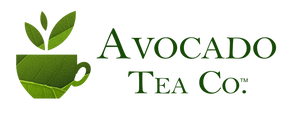Epilepsy in the U.S.
Epilepsy is a neurological disorder that causes seizures in the body and can affect everyone who has it differently. Approximately 1 in 26 people will be diagnosed, in other words that accounts for 3.4 million in the U.S. who have epilepsy and take medication to control it. Some seizures can be mild or intense but with any variation of intensity it can be very dangerous. The risks that are associated with epilepsy include brain infections, dementia and more. About 30 to 40 percent of people who take medication for epilepsy will still get seizures due to resistance. With that being said some researchers have begun looking into more natural ways in which epilepsy can be treated or prevented.
Parts of the Avocado used as traditional medicine in Africa
Various parts of the avocado are widely used in African traditional medicines for the treatment, management and/or control of a variety of human ailments. The liquid extract from the avocado leaf has been used as a natural treatment in childhood convulsions and epilepsy.

Avocado leaf extract tested as an anticonvulsant
In 2006, scientists from the Department of Pharmacology at the University of Zimbabwe in South Africa released a study specifically on the effects of avocado leaf extract and the effects it has on on epilepsy.
This research was done on mice when they were induced with pentylenetetrazol (PTZ), picrotoxin (PCT), or bicuculline (BCL) to cause seizures within mice. Avocado leaf extract was then compared to two common anticonvulsant medicines, Phenobarbitone and Diazapam.
Similar to the Phenobarbitone and Diazapam, the avocado leaf aqueous extract significantly delayed the onset of, and antagonized, pentylenetetrazole (PTZ)-induced seizures. The plant's leaf extract also profoundly antagonized picrotoxin (PCT)-induced seizures, but only weakly antagonized bicuculline (BCL)-induced seizures.
The study concluded:
Although the data obtained in the present study do not provide conclusive evidence, it would appear that 'avocado' leaf aqueous extract (PAE) produces its anticonvulsant effect by enhancing GABAergic neurotransmission and/or action in the brain. The findings of this study indicate that Persea americana (aka the avocado leaf) aqueous extract possesses an anticonvulsant property, and thus lends pharmacological credence to the suggested ethnomedical uses of the plant in the management of childhood convulsions and epilepsy.










